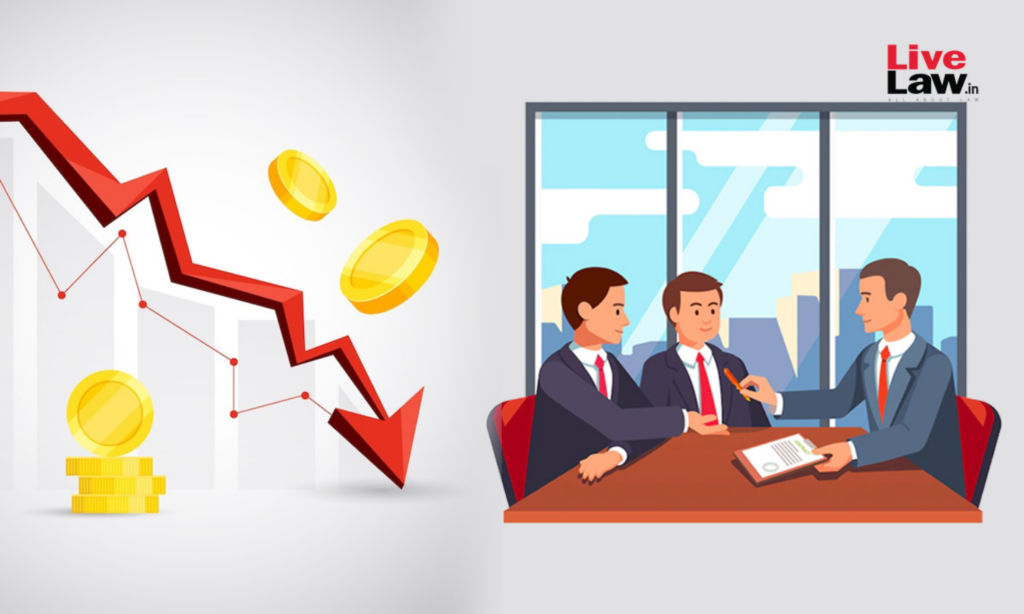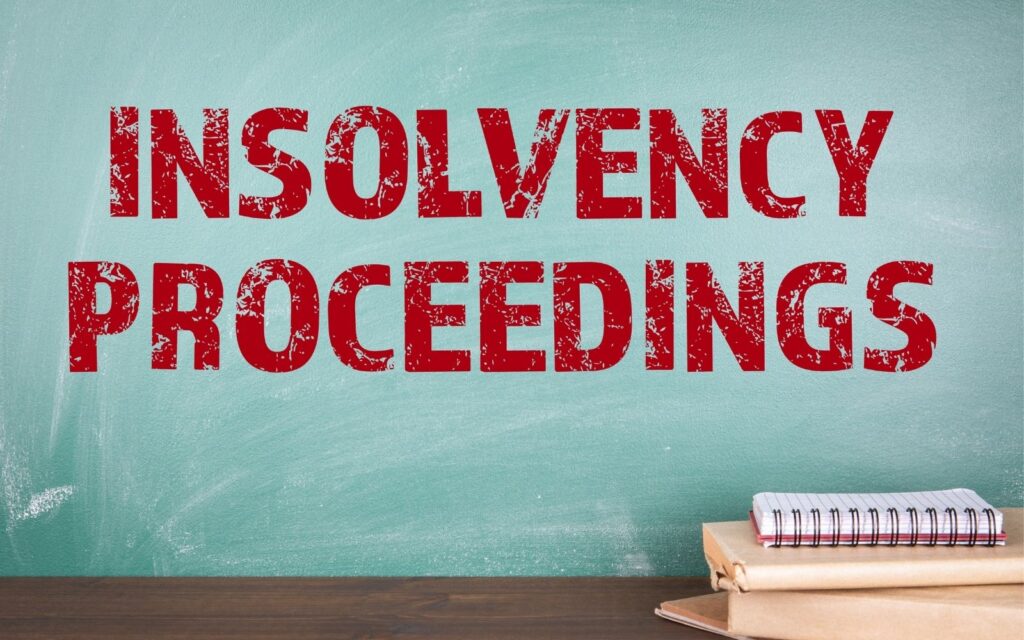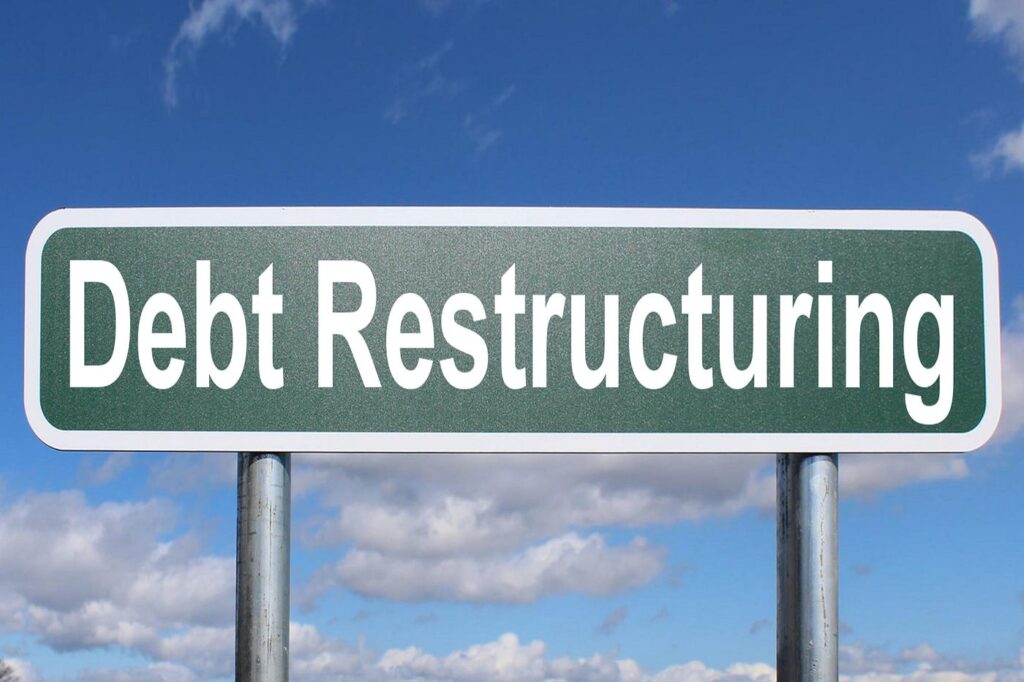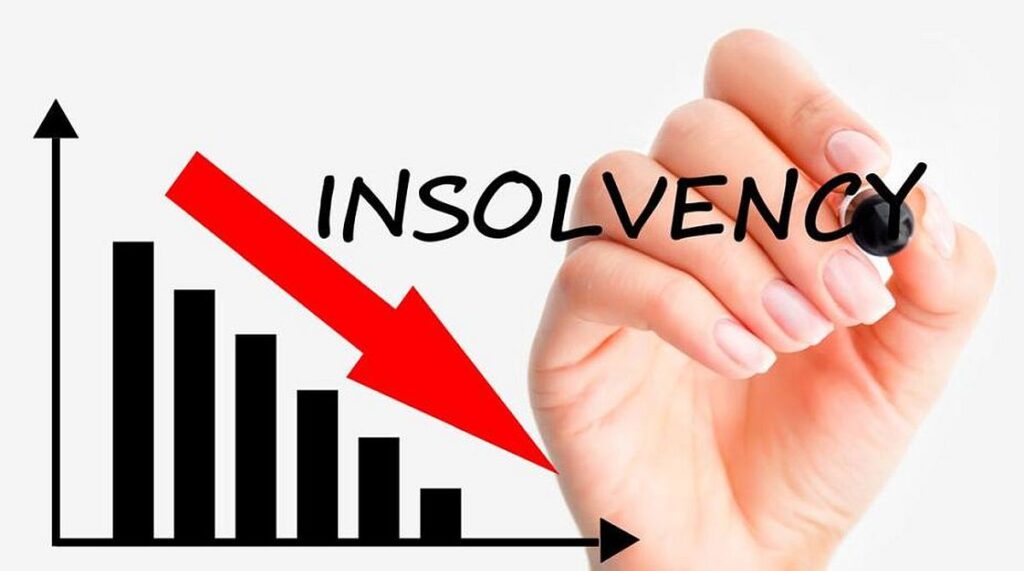Navigating financial challenges can be a daunting task, especially when faced with mounting debts and economic hardships. However, one essential resource that individuals and businesses can turn to is an insolvency lawyer. These legal professionals play a crucial role in providing expert guidance and assistance in overcoming financial difficulties. In this article, we will explore the various aspects of financial challenges, the role of insolvency lawyers, the importance of legal assistance in a financial crisis, what do insolvency lawyers do, and how to choose the right insolvency lawyer.
Understanding Financial Challenges
The Basics of Financial Difficulties
Financial difficulties can arise due to a variety of factors, from personal financial mismanagement to unforeseen external circumstances such as economic downturns. It is crucial to understand the root causes of financial struggles to effectively address and resolve them.
Common Causes of Financial Struggles
Some common causes of financial struggles include excessive debt, reduced income, poor budgeting, legal disputes, and economic instability. Identifying these causes can help individuals and businesses develop strategies to overcome their financial challenges.
Excessive debt can be a major contributing factor to financial struggles. It often starts innocently enough, with a few credit card purchases or a loan taken out for a necessary expense. However, if left unchecked, debt can quickly spiral out of control, leading to high interest rates, missed payments, and a never-ending cycle of financial stress. It is important to regularly assess your debt situation and create a plan to pay it off in a timely manner.

Reduced income can also pose significant challenges to financial stability. This can occur due to job loss, reduced work hours, or a decrease in business revenue. When faced with a sudden decrease in income, it is crucial to evaluate your expenses and make necessary adjustments to your budget. This may involve cutting back on non-essential expenses, exploring additional sources of income, or seeking financial assistance if needed.
The Role of Insolvency Lawyers
Who are Insolvency Lawyers?
Insolvency lawyers are legal professionals who specialize in helping individuals and businesses navigate financial difficulties. They possess in-depth knowledge of bankruptcy laws, debt restructuring, and insolvency procedures.
These highly skilled lawyers are not only well-versed in the legal aspects of insolvency, but they also understand the emotional and financial toll that financial difficulties can have on their clients. They provide much-needed guidance and support during these challenging times, helping their clients make informed decisions and find the best possible solutions.
Key Responsibilities of Insolvency Lawyers
Insolvency lawyers provide a range of services, including assessing the financial situation, developing a plan to manage debts, negotiating with creditors, and representing clients in legal proceedings. Their expertise is invaluable in guiding clients through the complex process of resolving financial challenges.
One of the key responsibilities of insolvency lawyers is to assess the financial situation of their clients. They meticulously analyze their clients’ assets, liabilities, and income to gain a comprehensive understanding of their financial standing. This detailed assessment allows them to develop a tailored plan to manage debts and explore various options for debt relief.
Furthermore, insolvency lawyers play a crucial role in negotiating with creditors on behalf of their clients. They use their extensive knowledge of bankruptcy laws and insolvency procedures to advocate for their clients’ interests and secure the best possible outcome. Whether it’s negotiating debt repayment plans or seeking a reduction in the amount owed, insolvency lawyers are skilled in finding creative solutions that benefit their clients.
In addition to their negotiation skills, insolvency lawyers are also adept at representing their clients in legal proceedings. They have a deep understanding of the legal framework surrounding insolvency and bankruptcy, allowing them to navigate the complexities of the courtroom with ease. Their expertise in presenting compelling arguments and analyzing intricate legal documents ensures that their clients’ interests are protected throughout the legal process.
Overall, the role of insolvency lawyers extends far beyond their legal expertise. They are compassionate professionals who provide support, guidance, and practical solutions to individuals and businesses facing financial difficulties. Their dedication to helping their clients regain financial stability is commendable, and their impact on the lives of those they assist is immeasurable.

The Importance of Legal Assistance in Financial Crisis
Legal Aspects of Financial Troubles
In a financial crisis, individuals and businesses may face legal implications and obligations. Insolvency lawyers ensure that their clients are aware of their legal rights and responsibilities, providing peace of mind and protection during challenging times.
When financial troubles arise, it is crucial to understand the legal landscape surrounding insolvency. Insolvency refers to the state of being unable to pay debts as they become due. In such situations, individuals and businesses may find themselves dealing with complex legal issues, such as debt restructuring, creditor negotiations, and potential legal actions from creditors.
How Insolvency Lawyers Can Help
Insolvency lawyers work closely with their clients to develop customized strategies to overcome financial challenges. They assist in negotiating with creditors, exploring alternatives to bankruptcy, and guiding clients towards financial recovery. Their expertise and advocacy can significantly improve the chances of a successful resolution.
One of the key roles of insolvency lawyers is to provide legal advice and representation during negotiations with creditors. These negotiations can be highly complex and emotionally charged, as both parties seek to protect their interests. Insolvency lawyers act as intermediaries, using their legal knowledge and negotiation skills to find mutually beneficial solutions that can help clients avoid bankruptcy and regain financial stability.
Furthermore, insolvency lawyers are well-versed in the various alternatives to bankruptcy that may be available to their clients. They can explore options such as debt consolidation, debt settlement, or debt restructuring, depending on the specific circumstances. By carefully analyzing the financial situation and legal implications, insolvency lawyers can recommend the most suitable course of action that aligns with their clients’ goals and objectives.
It is important to note that insolvency lawyers not only provide legal assistance during a financial crisis but also offer guidance and support throughout the entire process of financial recovery. They understand the emotional toll that financial difficulties can take on individuals and businesses, and they are committed to helping their clients navigate these challenging times with confidence and resilience.
The Process of Insolvency
What is Insolvency?
Insolvency refers to the inability of individuals or businesses to meet their financial obligations. It is essential to understand the insolvency process to effectively address and resolve financial difficulties.
Steps in the Insolvency Process
The insolvency process typically involves a series of steps, including assessment, restructuring or repayment plans, negotiation with creditors, and, if necessary, filing for bankruptcy. Insolvency lawyers play a vital role in guiding their clients through each step, ensuring a smooth and fair resolution.
Let’s delve deeper into the intricacies of the insolvency process. The first step in the process is the assessment of the financial situation. This involves a thorough examination of the individual or business’s assets, liabilities, and cash flow. It is crucial to have a clear understanding of the financial standing to determine the best course of action.
Once the assessment is complete, the next step is to explore restructuring or repayment plans. This involves developing strategies to reorganize the finances and create a feasible plan to repay the debts. Insolvency professionals work closely with their clients to analyze the options available and devise a plan that suits their specific circumstances.

However, reaching an agreement with creditors is not always straightforward. Negotiations can be complex and require careful consideration of various factors. Insolvency lawyers, with their expertise in negotiation and dispute resolution, play a crucial role in advocating for their clients’ interests and finding a mutually beneficial solution.
In some cases, despite all efforts, filing for bankruptcy becomes the only viable option. Bankruptcy is a legal process that provides individuals or businesses with a fresh start by discharging their debts or reorganizing their financial affairs. Insolvency lawyers guide their clients through the bankruptcy filing process, ensuring compliance with all legal requirements and protecting their rights.
As you can see, the insolvency process involves a series of intricate steps that require careful analysis, strategic planning, and expert guidance. It is essential to seek professional advice when facing financial difficulties to navigate through the process effectively and achieve the best possible outcome.
Choosing the Right Insolvency Lawyer
Factors to Consider
When selecting an insolvency lawyer, several factors should be considered. These include the lawyer’s experience and expertise in handling insolvency cases, their track record of success, their communication style, and the level of trust and rapport established with the client. It is crucial to choose a lawyer who understands your unique financial situation and can provide the support and guidance you need.
The Role of Experience and Expertise
Experience and expertise are vital qualities to consider when choosing an insolvency lawyer. Lawyers with extensive experience in insolvency law have a deep understanding of the complexities involved and can navigate the legal landscape with ease. Look for a lawyer who specializes in insolvency law and has a proven track record of successfully assisting clients in similar situations.
Furthermore, an experienced insolvency lawyer can provide valuable insights and advice on the different options available to you. They can assess your financial situation, analyze the potential risks and benefits of each option, and guide you towards the most suitable course of action. Their expertise can help you make informed decisions that align with your long-term financial goals.
Navigating financial challenges can be overwhelming, but with the guidance of an insolvency lawyer, individuals and businesses can gain control over their financial situation and work towards a fresh start. From understanding the basics of financial difficulties to choosing the right insolvency lawyer, each step plays a crucial role in overcoming financial challenges. Remember, seeking legal assistance in times of financial crisis is not a sign of defeat but a proactive and strategic approach to finding the best solutions.
Related: How Insolvency Lawyers Guide You through Troubled Times













